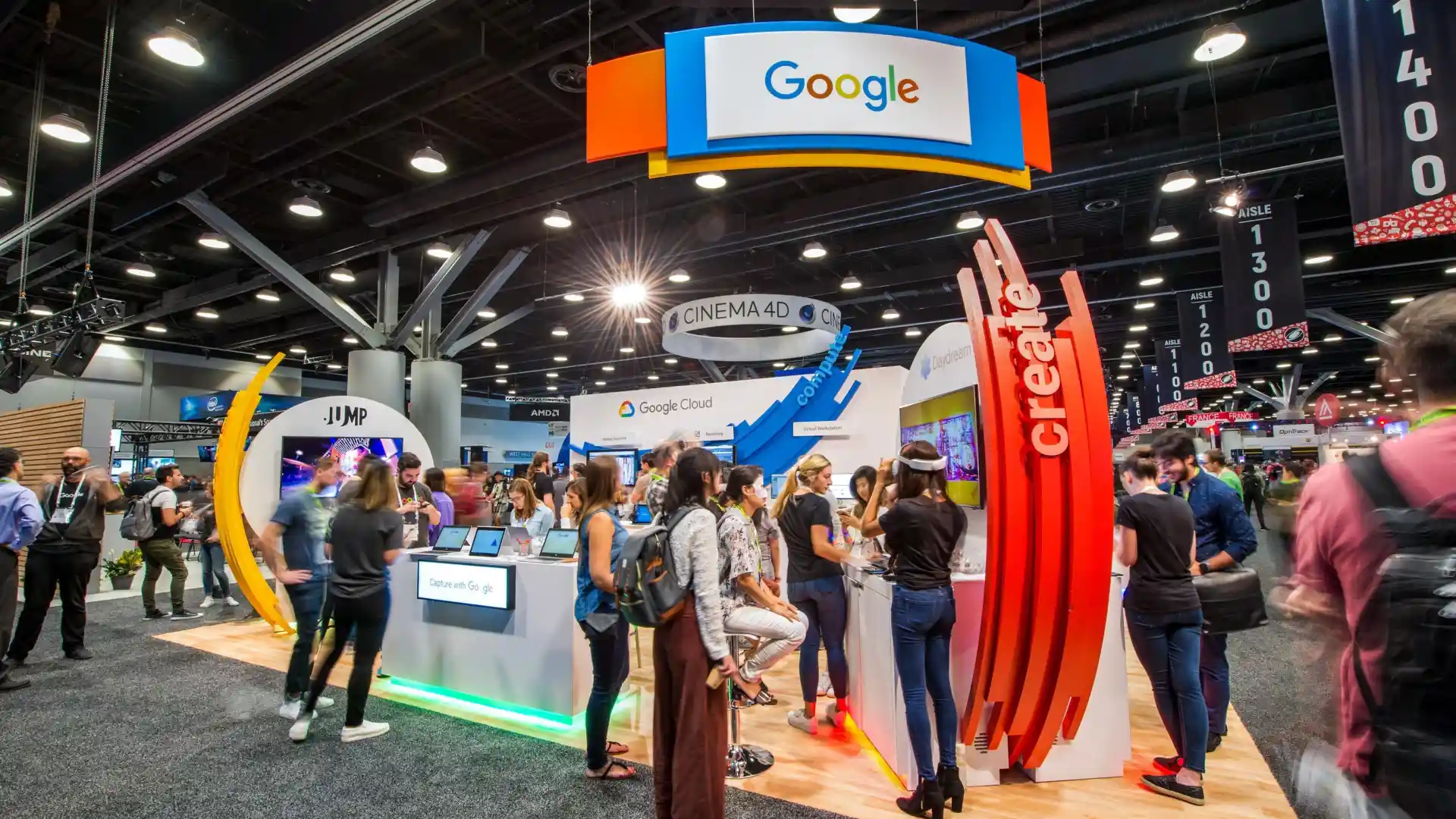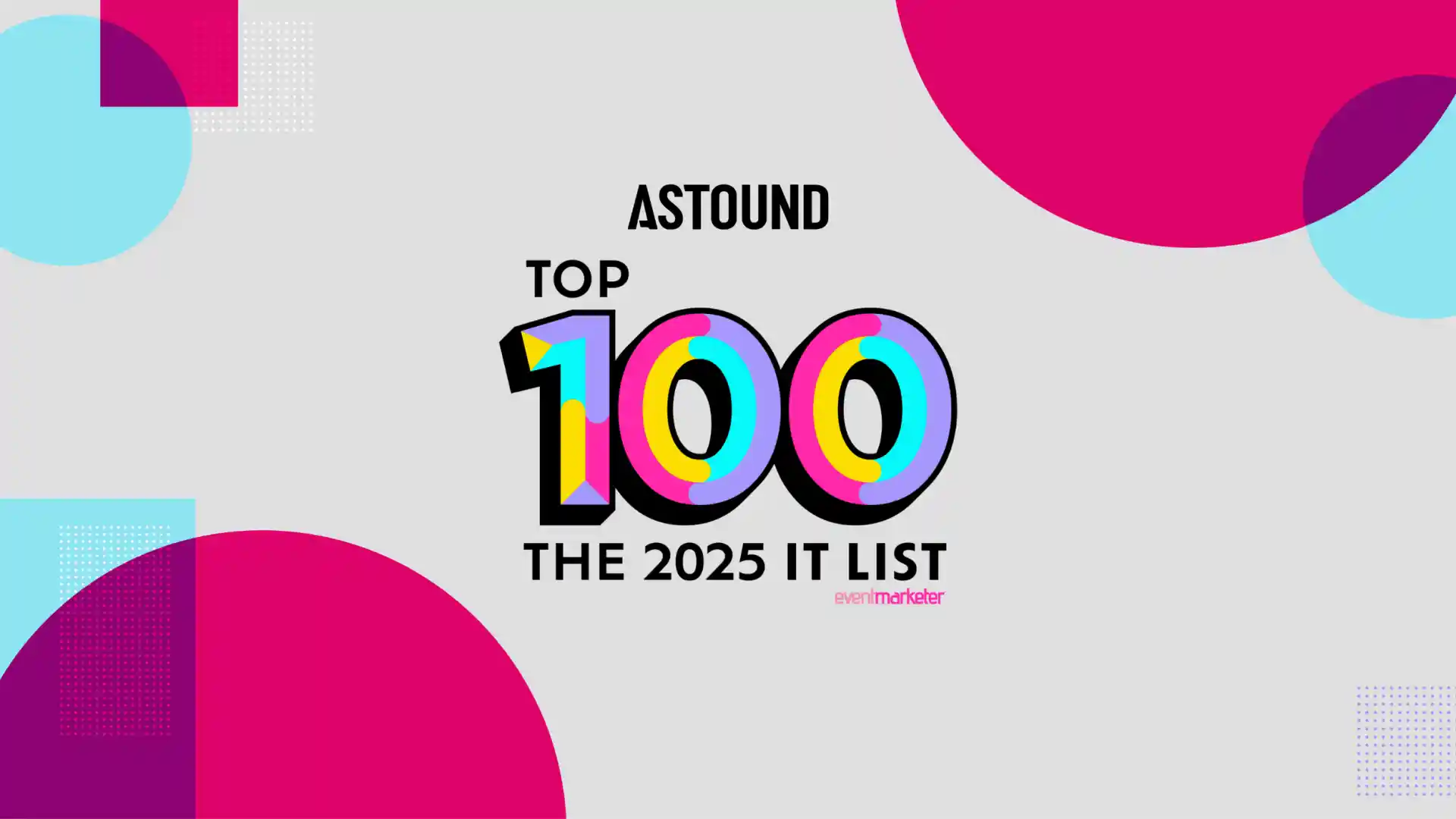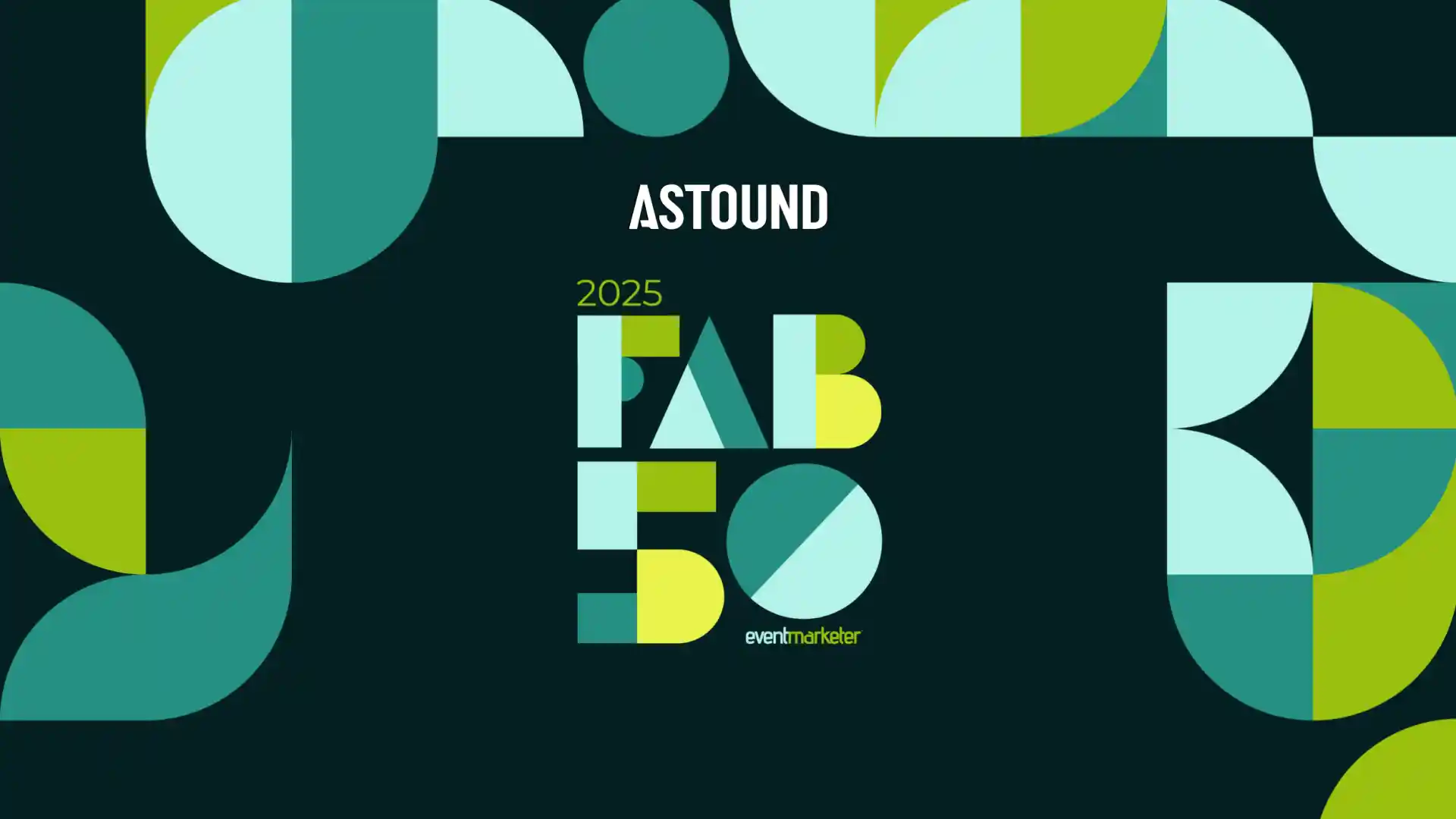3 Benefits of using VR for Your Next Event
Did you know Virtual Reality (VR) has been around for more than 50 years, originally developed for army training? Today, it’s everywhere and becoming mainstream. In 2014 when Oculus was purchased by Facebook, it became more affordable and has becoming increasingly popular in mainstream marketing. In the past couple years, we’ve seen a huge boom in its use at experiential events, used by companies to transport their visitors into a virtual world they’ve customized just for them.
Reduces the complexity of physical pieces
Depending on the complexity of a company’s service and product offerings, VR demos can significantly reduce the physical pieces needed in their trade show booth or experiential environment. This reduces cost on rental furniture, storage, install and dismantle. The complex stories that many companies want to tell can now be simplified via VR demos.
The experience is unconstrained by your showcase environment
Your event activation is often constrained by venue rules, budgets, lighting, people etc. and the virtual world is created 100% by you and your marketing team. The same rules of the show floor do not exist in the virtual world, collapsing the traditional product demos you were previously able to offer – let your visitors take flight, perform a surgery or work on their golf game in the virtual world you create.
Your marketing team has complete control
Where previously you may have been relying on the event staff to take visitors through demos that they may not have a lot of experience with, a VR demo can speak for itself (and the marketing team), ensuring your marketing message is making its way to every visitor. Instead of the traditional staff-guided demo, visitors can take themselves through a self-guided demo without doing anything other than putting on the headset. Create a comfortable lounge setting where visitors can take a break from the chaos and enter the virtual world.
Companies often assume that the only industry using VR demos is the video gaming industry but over the past two years we’ve seen VR demos pop up at healthcare, telecom, construction and automotive events across the globe. This option for marketers lets you break down the barriers of the traditional event and embrace the use of technology to increase exposure, education and awareness for your brand.


